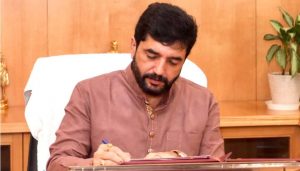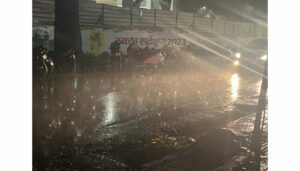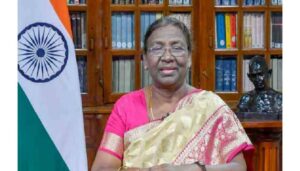Pune: Over 180,000 Households Resist Participation in Maratha Reservation Survey: 3,93,819 Houses Found Closed

Pune, 6th February 2024: The Pune Municipal Corporation (PMC) recently undertook a survey campaign within the city to assess the backwardness of the Maratha community. Out of the targeted 14,30,062 households, a total of 8,51,542 houses were successfully surveyed. However, the survey encountered resistance and logistical hurdles, with 1,84,000 households refusing to participate, and 3,93,819 houses found closed during the survey period.
The survey initiative was initiated by the PMC administration in compliance with the directives of the Maharashtra State Backward Class Commission. Commencing on January 23, the survey was originally scheduled to conclude by January 31. However, due to logistical challenges and an extended timeline, the survey was eventually completed on February 2, with the involvement of 4,000 PMC employees.
Despite concerted efforts by PMC officers and staff, a significant portion of households either declined participation or were inaccessible during the survey. This resulted in a partial enumeration, leaving a substantial number of households unaccounted for in the assessment of Maratha community backwardness.
Government’s Mistake in Desperation?
Critics have pointed out potential shortcomings in the government’s approach to the survey, suggesting that reliance on existing government records could have facilitated a more comprehensive and efficient data collection process. Moreover, concerns have been raised regarding the adequacy of training provided to survey staff, particularly in handling community sensitivities and navigating logistical challenges.
The survey’s accuracy and effectiveness have come under scrutiny, particularly amidst pressure from various stakeholders and community leaders advocating for Maratha reservation rights. Manoj Jarange Patil, a prominent figure in the Maratha reservation movement, has voiced concerns over the survey’s methodology and implementation, questioning its ability to accurately reflect the community’s socio-economic status and needs.





